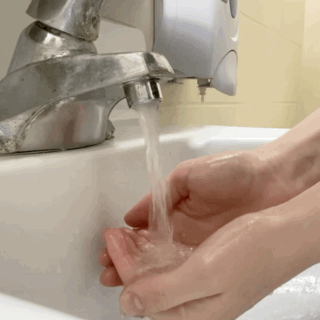When people first started social distancing, blood drives across Illinois came to a halt. Heidi Ognibene is the director of operations for the Rock River Valley Blood Center. She spoke then about the need for continued donations in the face of a potential shortage. A month later, she now says people have answered that call.
“It’s kind of an odd situation,” Ognibene explained, “We’ve never been in this kind of position before. But so many people responded that our blood supply is very robust.”
When local hospitals have sufficient supplies of blood, Rock River Valley Blood Center sends any extra wherever it’s needed. But Ognibene says they’re not unique in having a surplus right now. The center is scheduling appointments out to May to maintain a fresh supply and keep from having to “outdate” blood that has expired. You can still schedule an appointment online, but thanks to generous neighbors, you might have to wait a while.
Rock River Valley Blood Center is also collecting plasma from recovered COVID-19 patients. There is no proven treatment for the disease yet, but antibodies in plasma from recovered donors might help people who are currently sick. To give plasma, you must have had a positive nasal swab test, which Ognibene says makes it difficult to find qualified donors.
“And that’s kind of the catch-22 with this, is that they weren’t testing people,” she said, “They were just saying, ‘stay at home.’”
Donors also have to be 28 days removed from their last symptom. The center has a few collections scheduled over the next couple weeks, as people reach that milestone.


